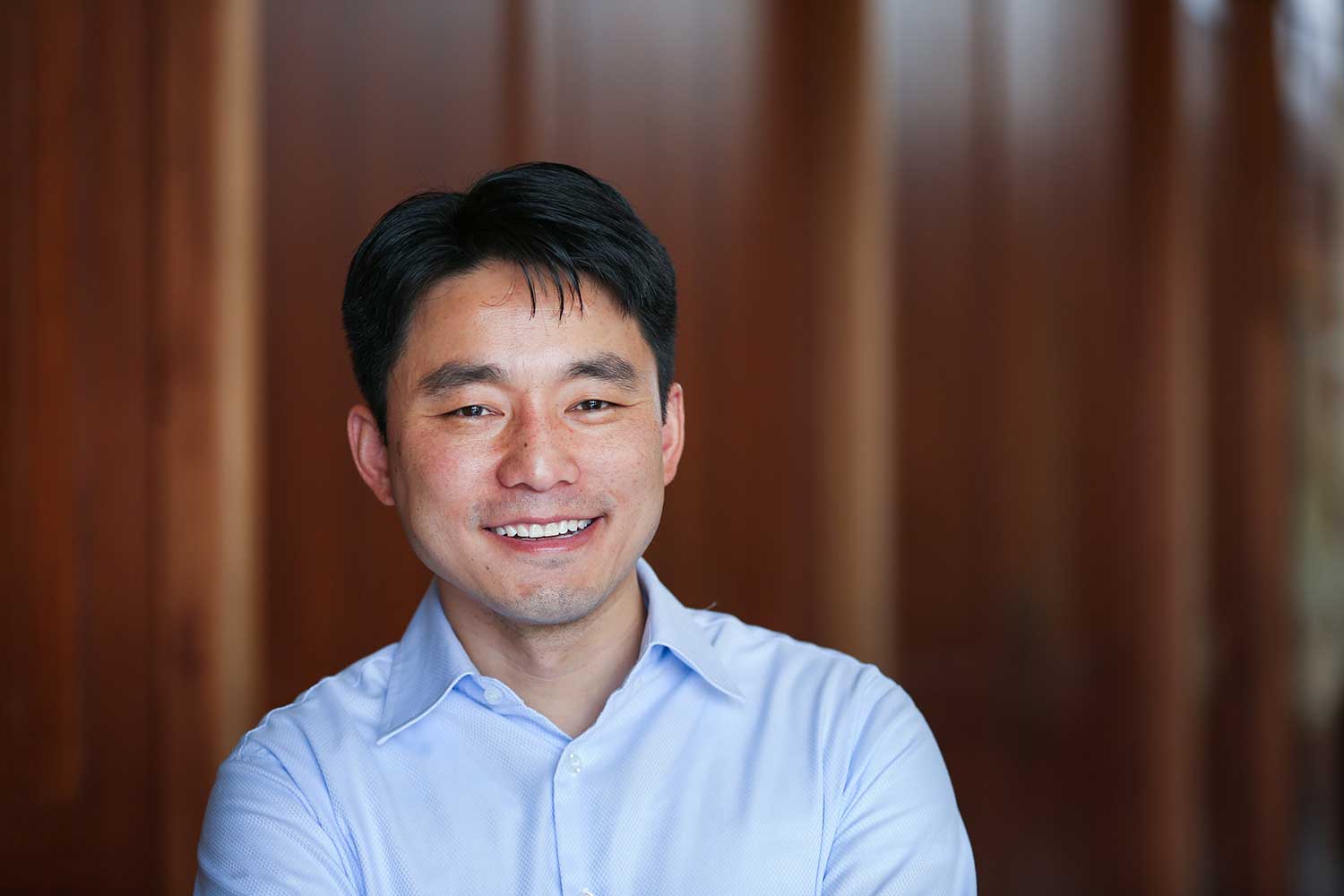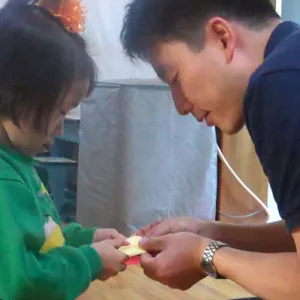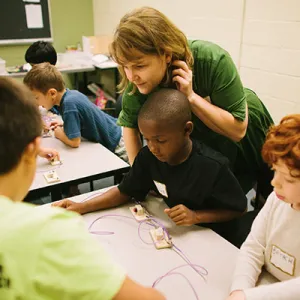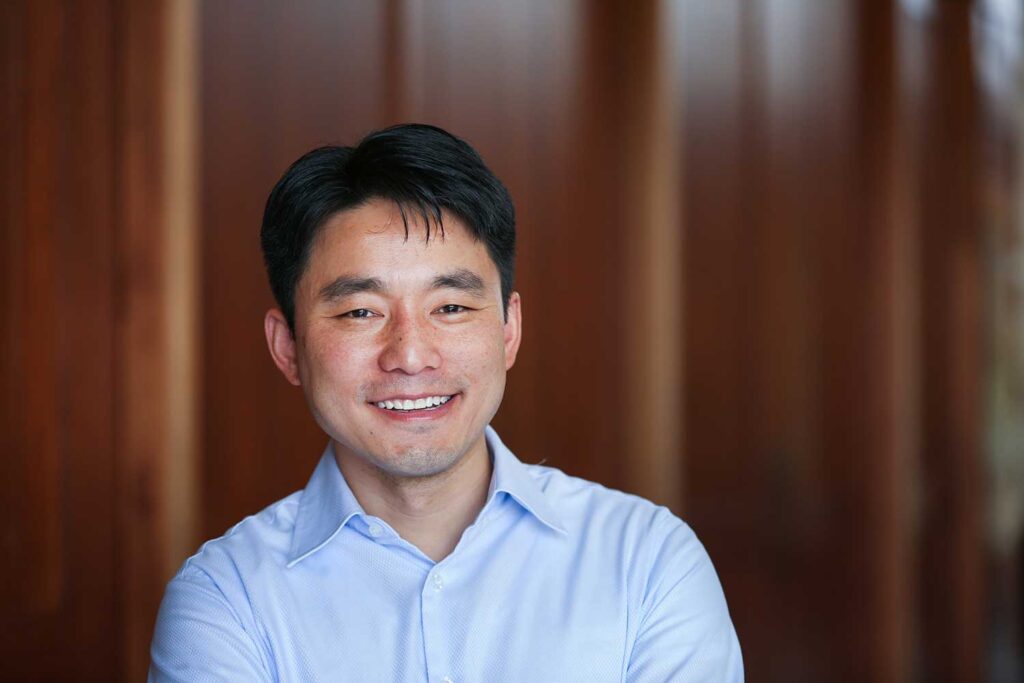Junlei Li, Program Chair of Human Development and Education and senior lecturer in early childhood education at the Harvard Graduate School of Education, has spent his career focusing on understanding and empowering human relationships across developmental contexts. He has had the opportunity to learn from childrens’ helpers across diverse and low-resource settings, including orphanages, childcare, K-12 classrooms, out-of-school time, and residential youth facilities. Previously, he was the director and Rita M. McGinley chair at the Fred Rogers Center for Early Learning and Children’s Media where he studied the work of Fred Rogers and continues to apply that knowledge to his present day roles.
Reflecting on the last 15 years of Remake Learning, Junlei shares his greatest memories and lessons along the way.

My journey with Remake Learning started by attending some of its first meetings.
At the time, I was representing the Fred Rogers Center (now Fred Rogers Institute, led by Dana Winters) and we worked closely with many Remake Learning partners like Children’s Innovation Project and the Pittsburgh Association for the Education of Young Children (now Trying Together). When it comes to Remake Learning, there are larger convenings, but it was the direct person-to-person, organization-to-organization relationship I witnessed at that first meeting that left a lasting mark.
It was all about the relationships.
As Remake Learning grew as a network, many sponsored events and activities around Pittsburgh began to pop up.
In those exciting early years I distinctly remember meeting Melissa Butler, who was leading the Children’s Innovation Project in a Pittsburgh Public School near the Children’s Museum of Pittsburgh. We were serving as panelists for a discussion on learning at the Museum. A few years later, in a project funded by The Grable Foundation to help capture what learning and development looked like around Pittsburgh, I met up with Melissa again in her kindergarten classroom and was able to observe the wonderful learning community she was building.
From there, a partnership and friendship grew that lasted longer than any particular project.


Together we worked with children and teachers, and even to this day, Melissa visits my classroom virtually at the Harvard Graduate School of Education to talk about the experiences of supporting a new way of learning and growing for both students and teachers. Out of our partnership came a whole new set of initiatives that focused on strengthening the relationships between adults and children across all communities.
A lot has changed in the intervening years, but Remake Learning is still all about the relationships.
Connections like mine and Melissa’s sparked the idea that began Remake Learning, which I find is still the most important idea for the education field today. It is not just about technological innovation, gadgets, or even STEAM education. It is fundamentally about how we can enrich the quality of learning opportunities and experiences in ways that advance equity – the integration between quality and equity. The most important relationship in our educational ecosystems today.
This journey is a very long one, but Remake Learning has quite a head start. Remake Learning continues to build communities of passionate and committed people and creates opportunities for them to know and work with each other in ways their traditional organizational and professional boundaries did not naturally afford.
